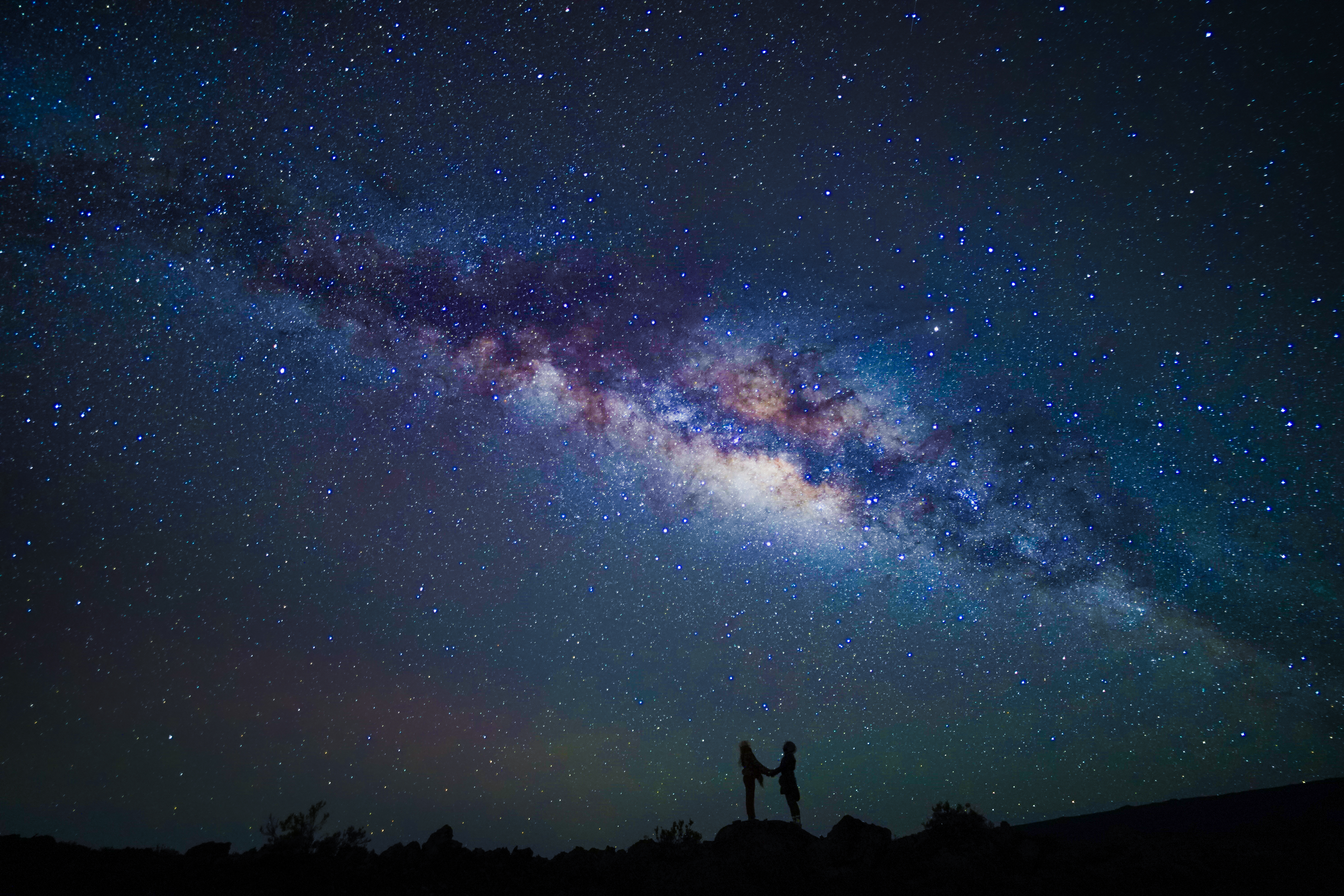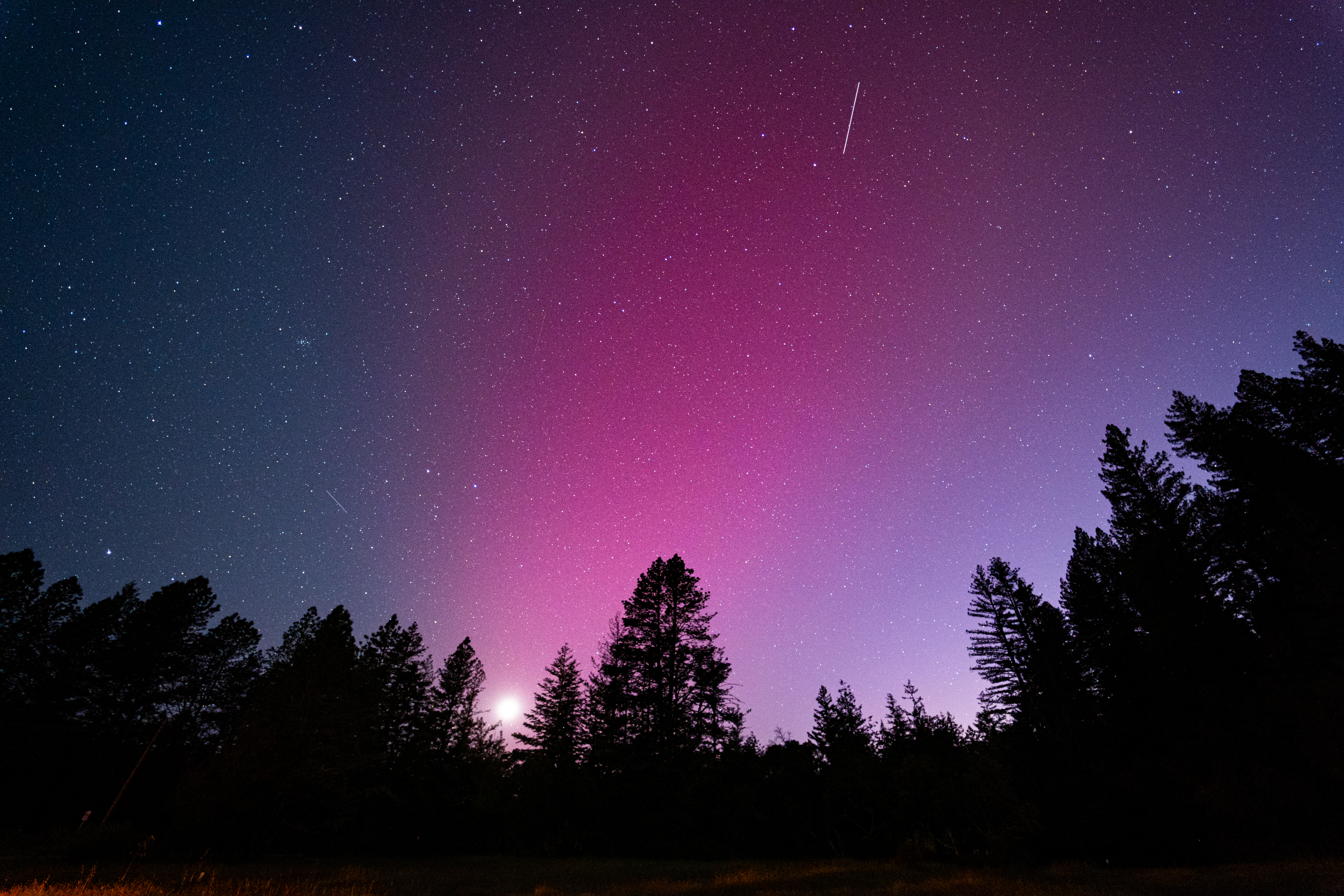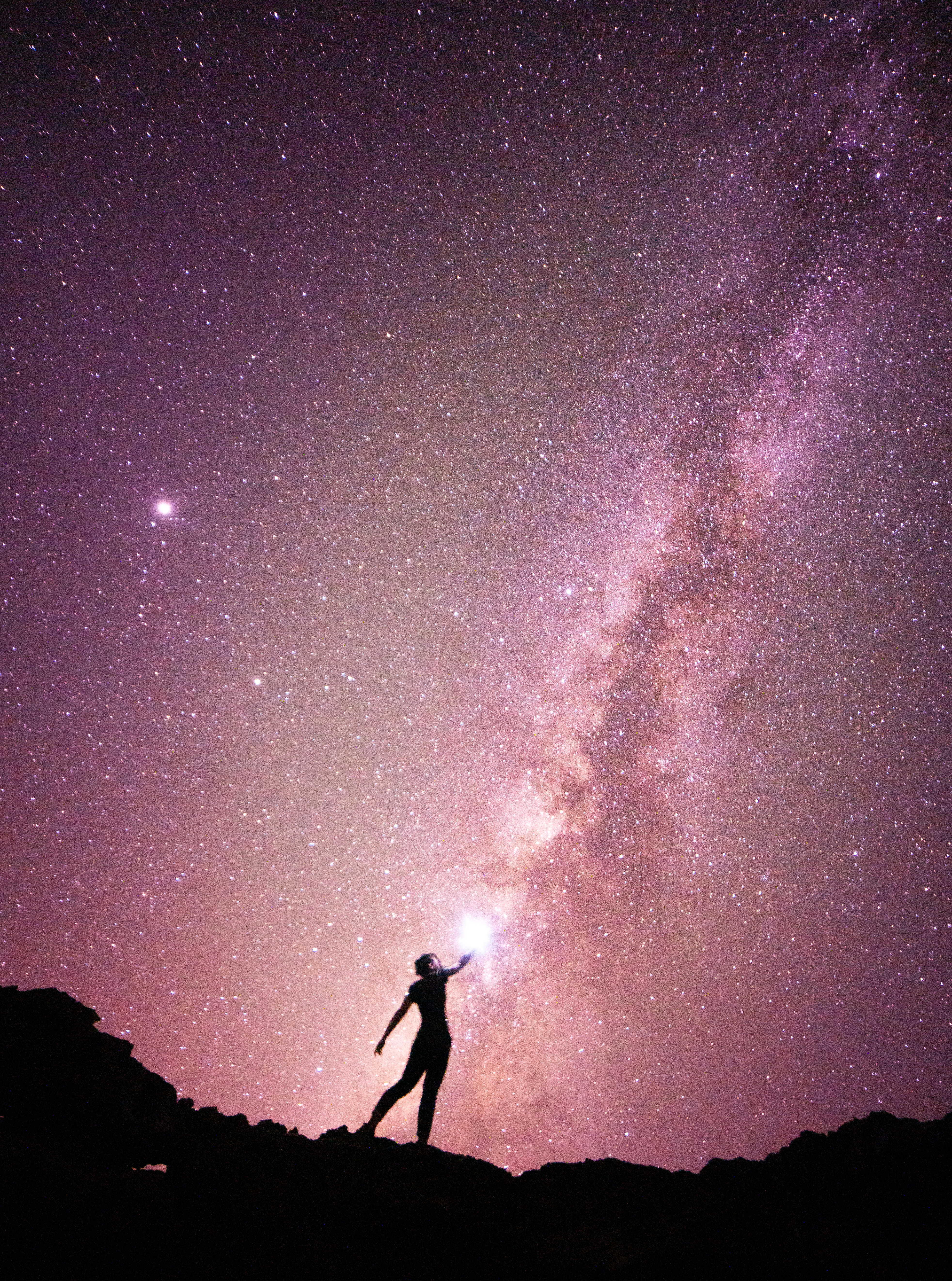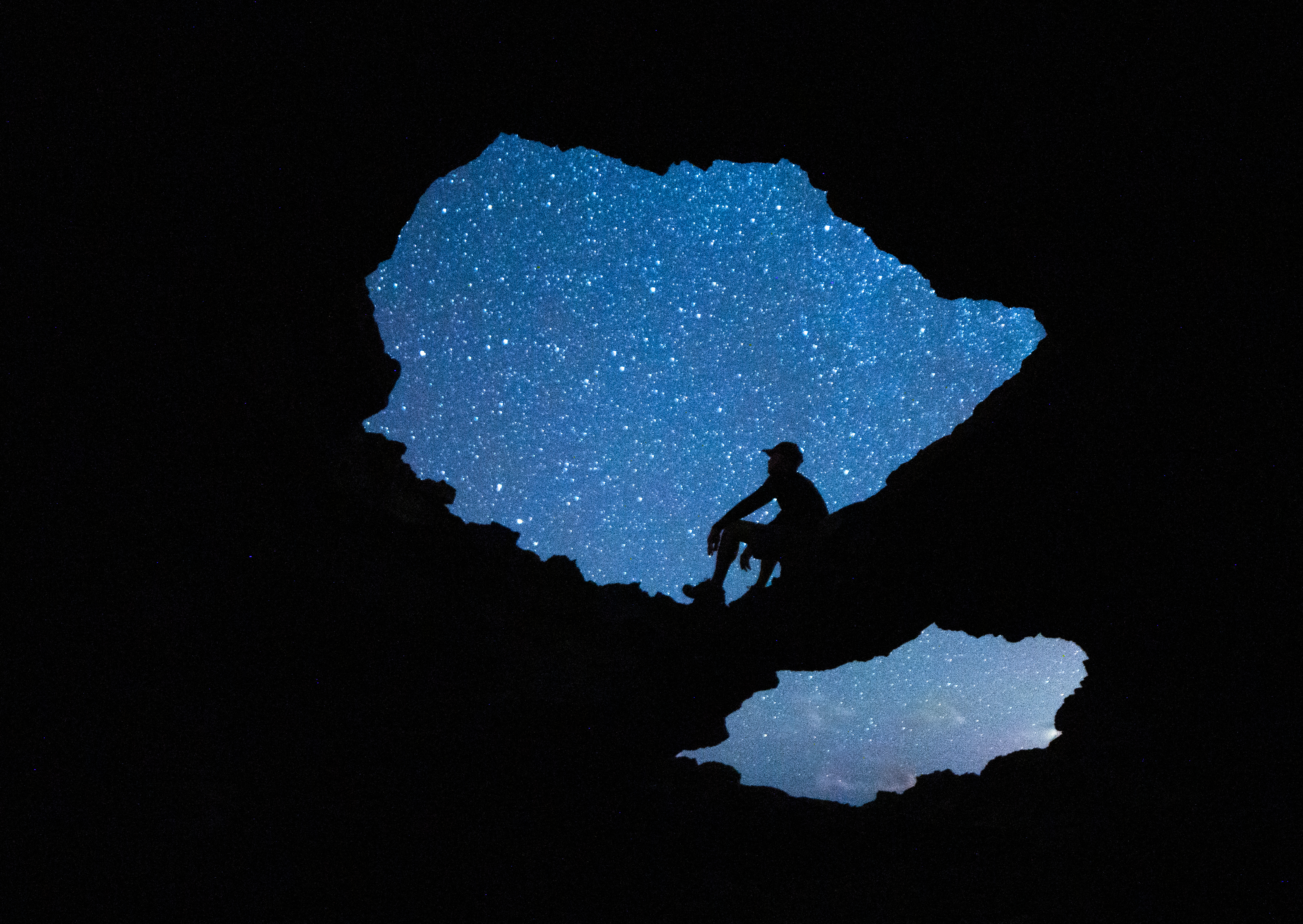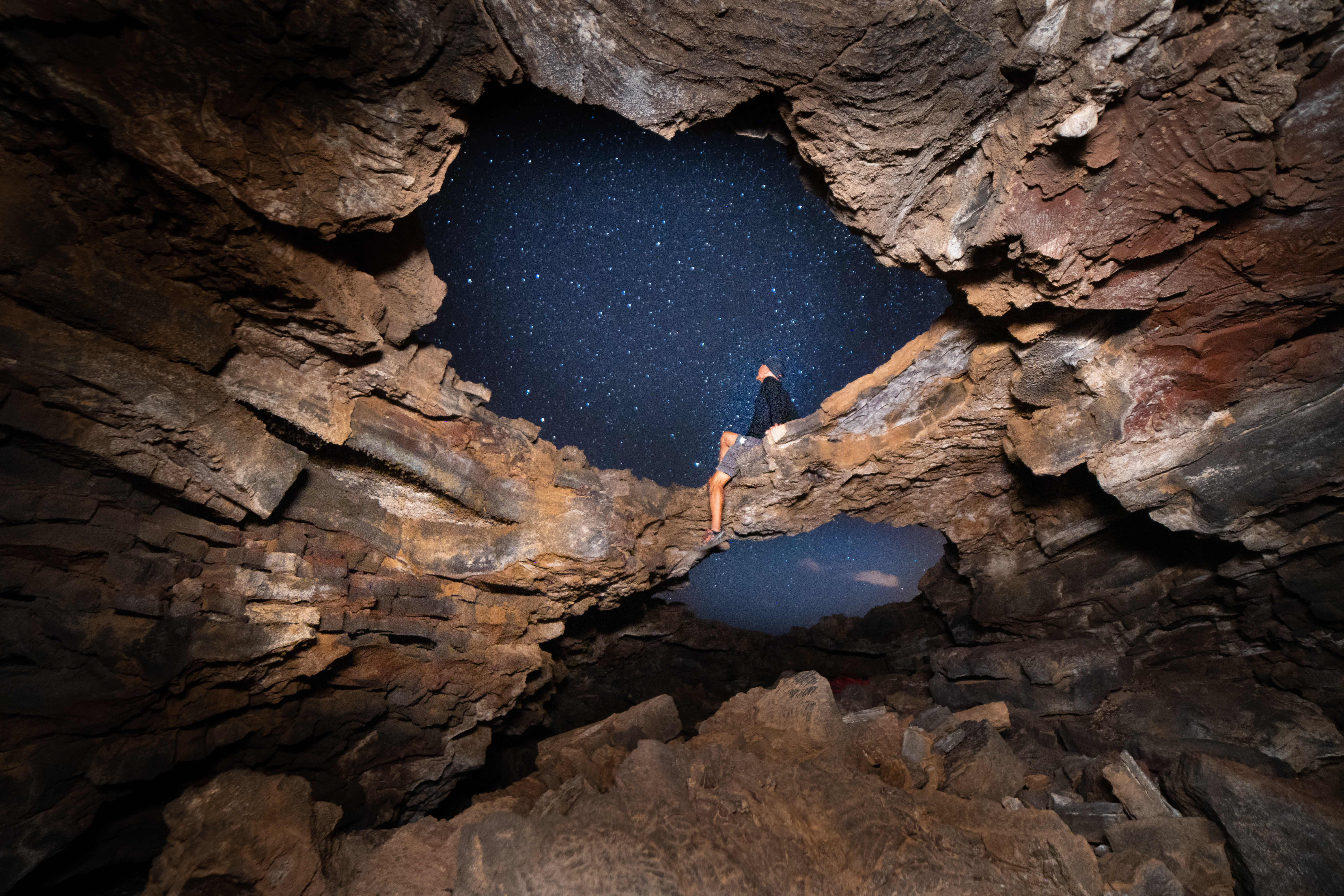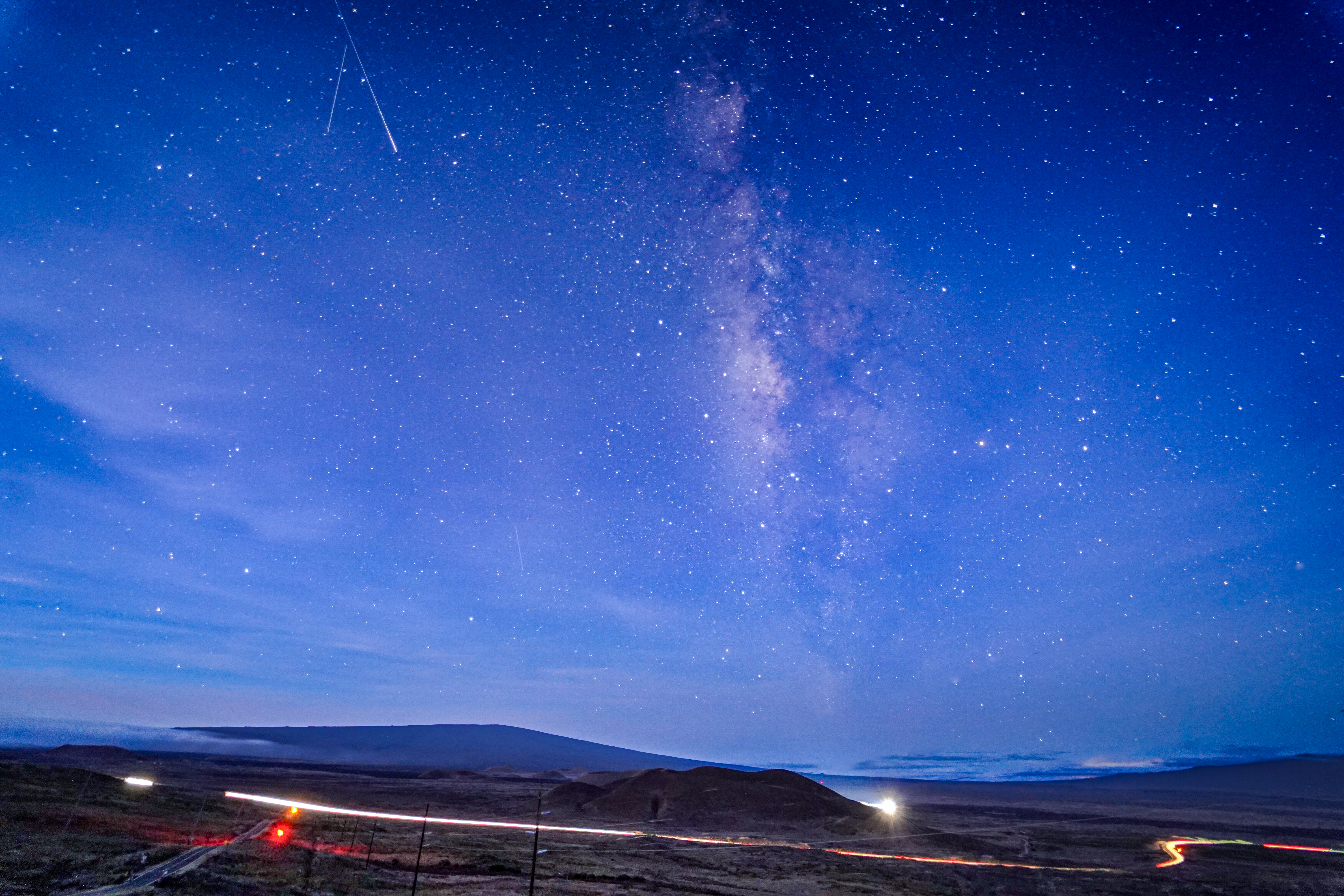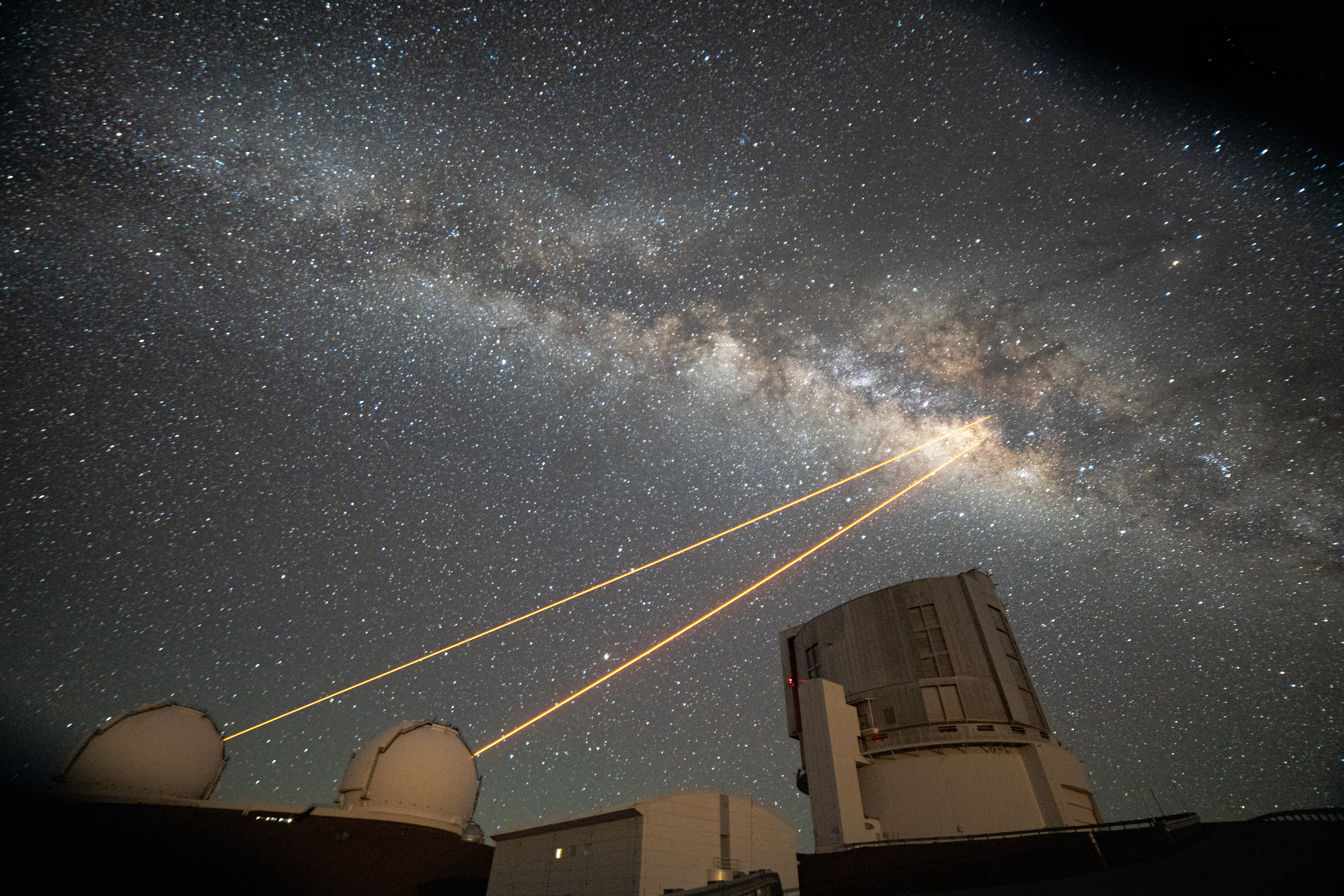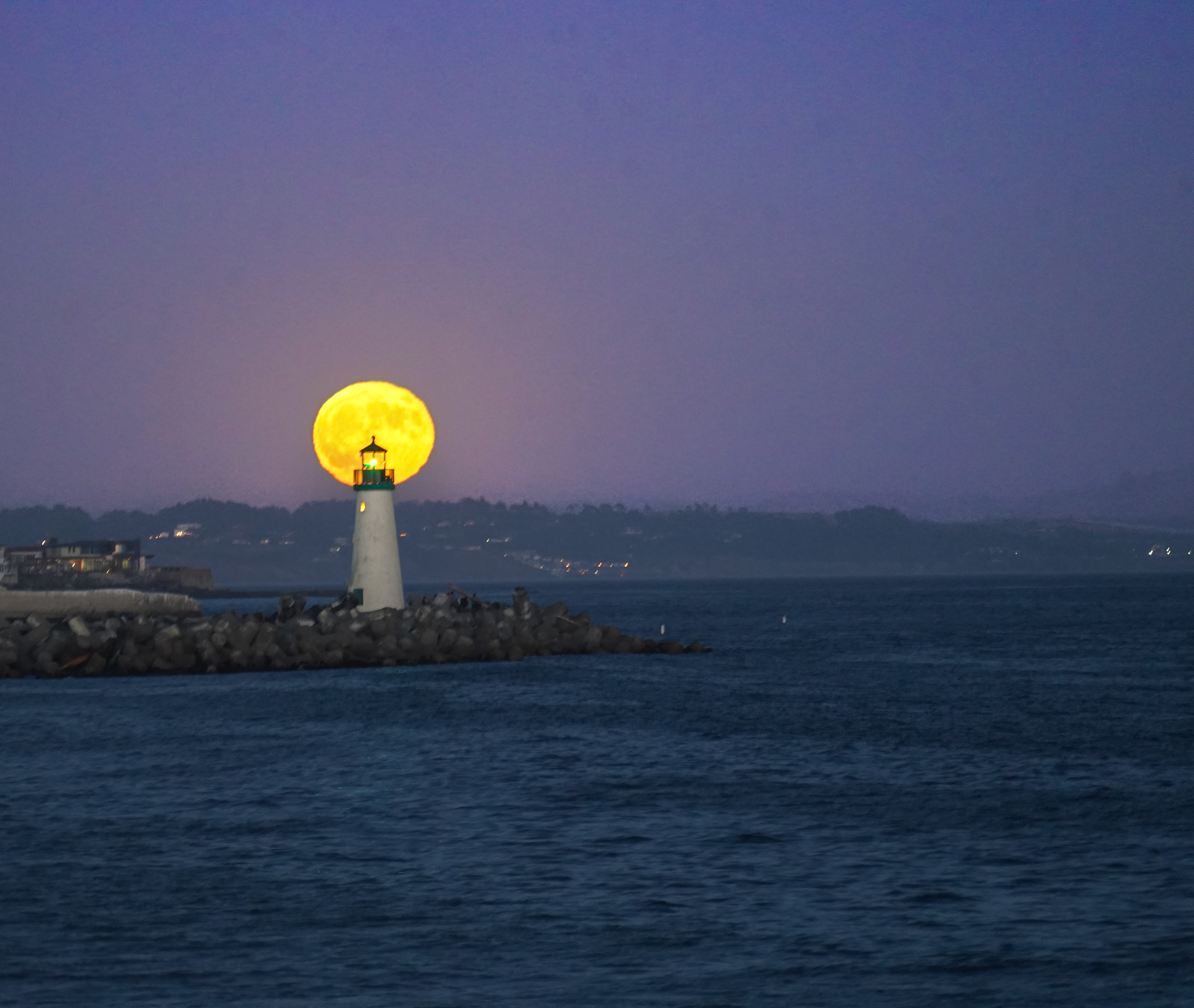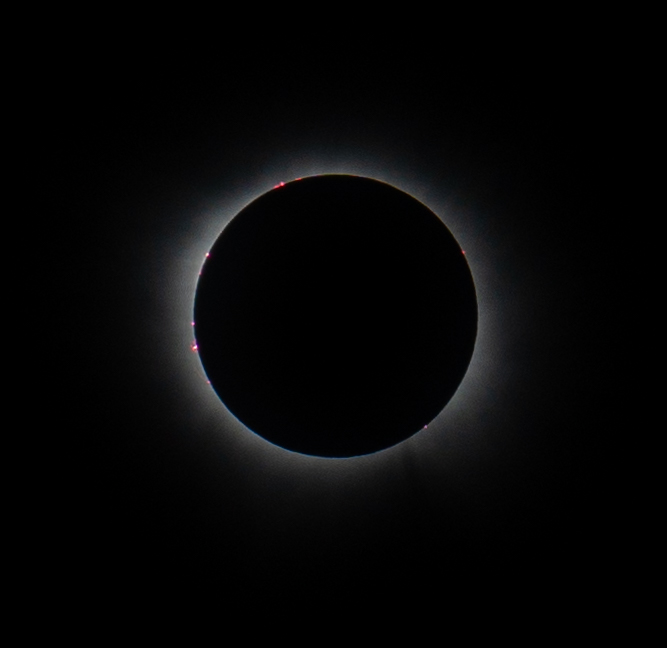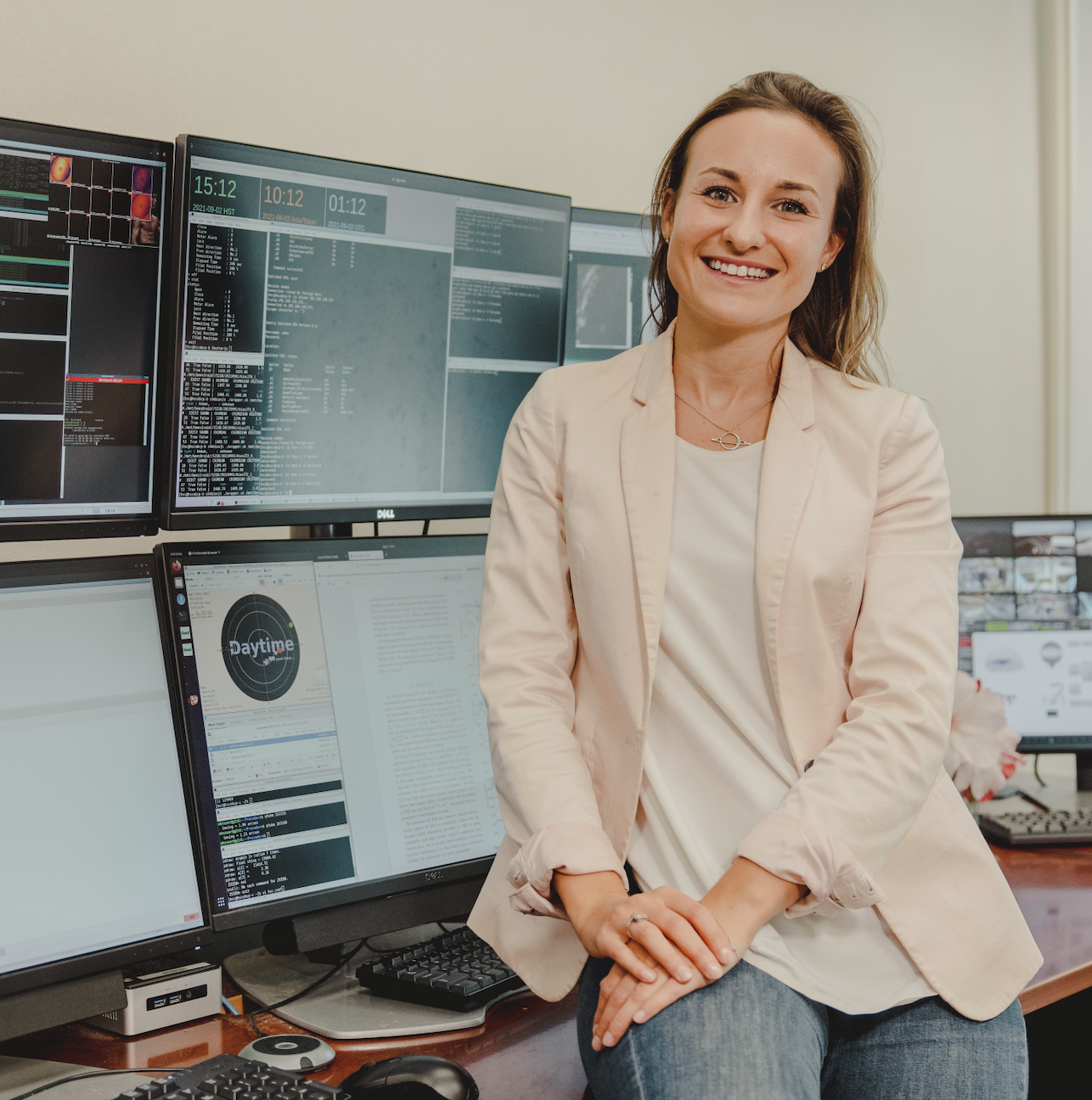
Nour Skaf
Astronomer | Exoplanet Scientist
51 Pegasi b Fellow, Heising-Simons Foundation
Institute for Astronomy, University of Hawai`i

Nour Skaf
Astronomer | Exoplanet Scientist
51 Pegasi b Fellow, Heising-Simons Foundation
Institute for Astronomy, University of Hawai`i
I am an astronomer and exoplanet scientist at the Institute for Astronomy at the University of Hawai`i, specializing in the study of planets beyond our solar system. My research focuses on characterizing exoplanet atmospheres and developing new methods for planetary detection and analysis.
You can find my publications on Google Scholar, ORCID, and NASA ADS.
Here is my Curriculum Vitae.
Email:
nour.skaf@gmail.com
nskaf@hawaii.edu
Office:
IfA, 640 N. A'Ohoku place,
96720, Hilo, Hawai`i
One of the driving goals of the field of exoplanetary science is to find a planet in the habitable zone, that is capable of hosting life. The technique of direct imaging will play a key role in this search. Even though the current telescopes are unlikely to detect such planets, the next generation of extremely large telescopes and space missions will pave the way towards reaching planets in the habitable zone of nearby stars, within 100 parsecs. My research projects directly address the challenge of direct detection and characterization of exoplanets, through two main axes: the development of instrumentation tools for increasing image quality of adaptive optics (AO) systems, and the understanding of the diversity of exoplanet atmospheres and their formation conditions.
My PhD thesis, available online, "Self-optimization of adaptive optics and characterization of exoplanetary systems" focuses on three main aspects:
My research interests include:
Astronomy and space exploration inherently unite us, tracing back to our cosmic origins. Unfortunately, many emerging countries lack access to these opportunities. In a post-Covid world marked by climate change and social injustices, addressing this inequality becomes imperative. Despite commendable efforts, more action is needed to ensure genuine inclusivity in astronomy.
A key aspect is fostering communication between countries, allowing us to witness diverse approaches influenced by unique cultures and challenges. Enter citizen science, a transformative force revolutionizing astronomy by engaging enthusiasts globally. Projects like Unistellar's Exoplanet Observation Network, ExoClock, and PANOPTES showcase the power of citizen science.
Enthusiasts contribute significantly to exoplanet research, refine ephemerides, and even build low-cost telescopes for transit detection. These examples underscore the democratization of astronomical knowledge, promoting global collaboration and positioning astronomy as a cornerstone for education, technological advancement, and peace-building.
Feel free to reach out to me for the original images, for prints, or for a collaboration. My main camera is a Sony A7 III.
